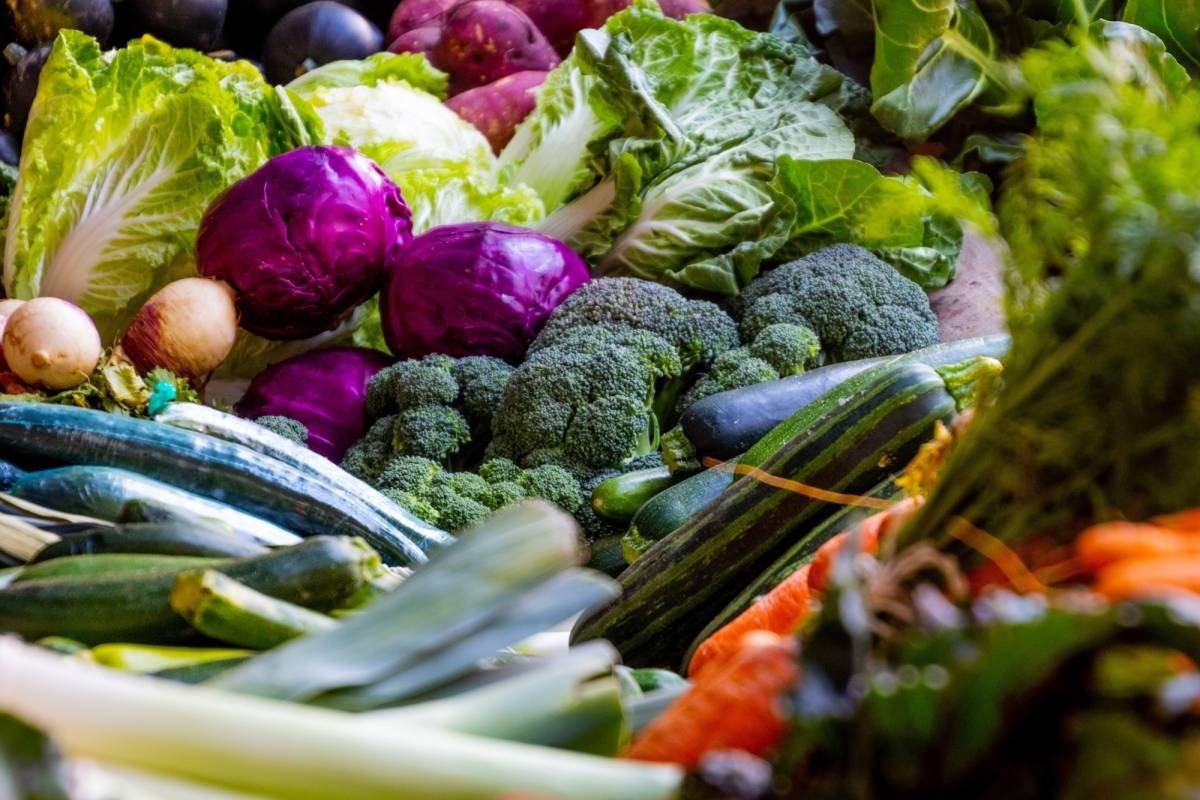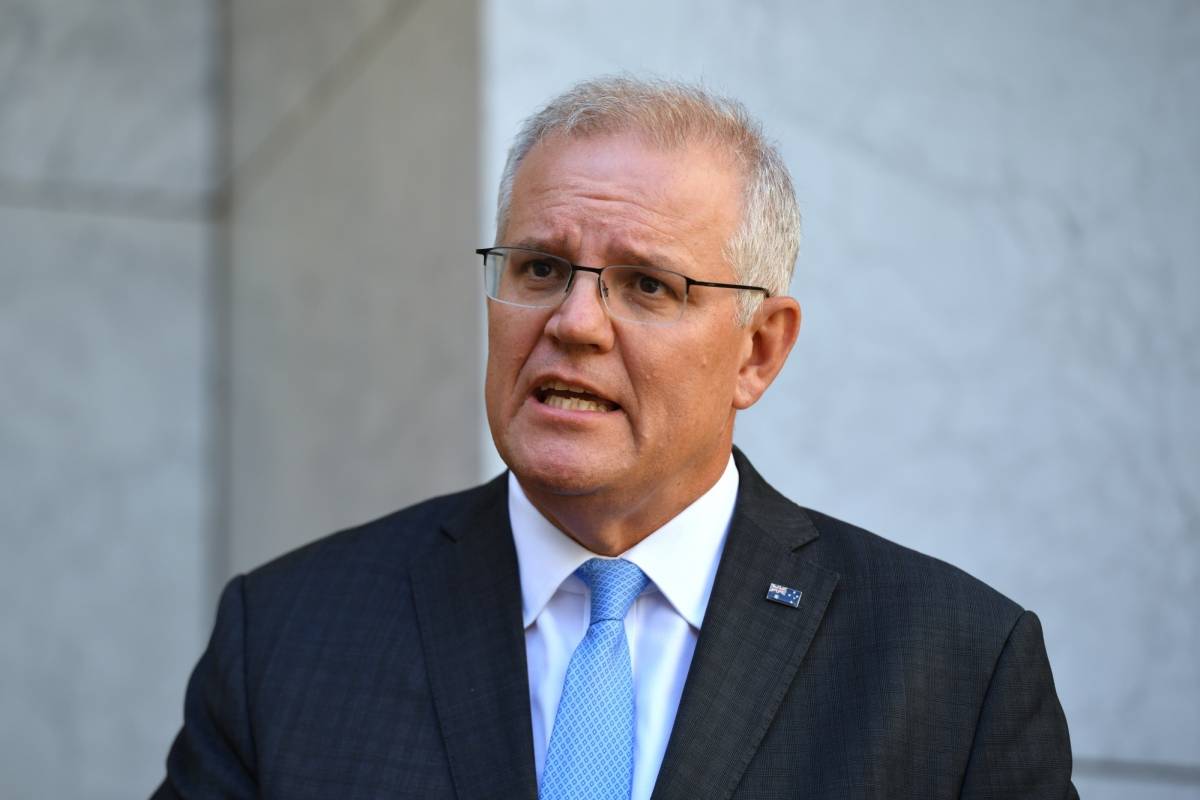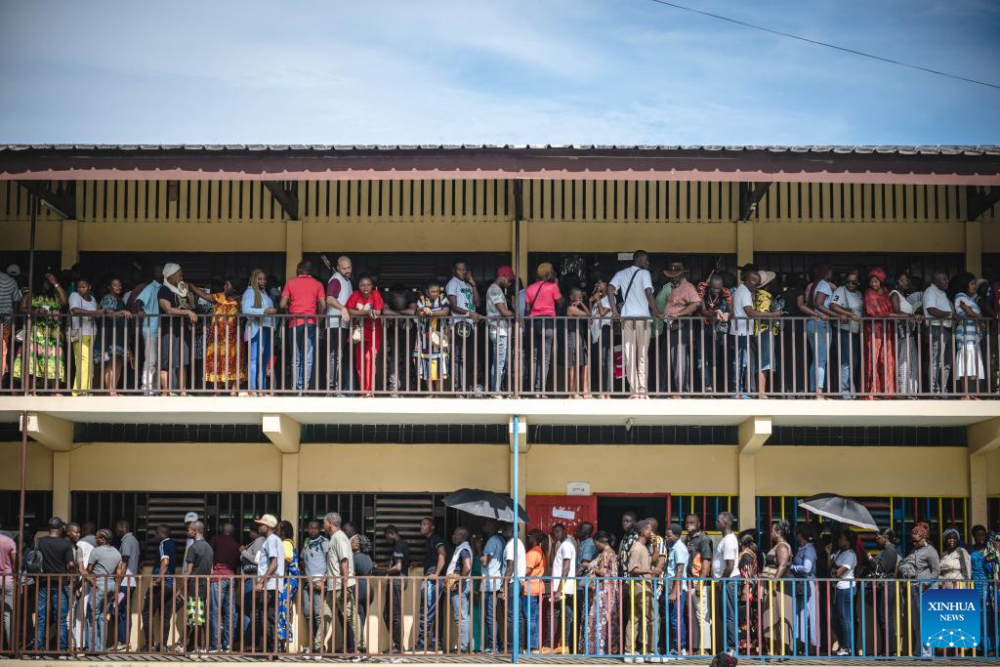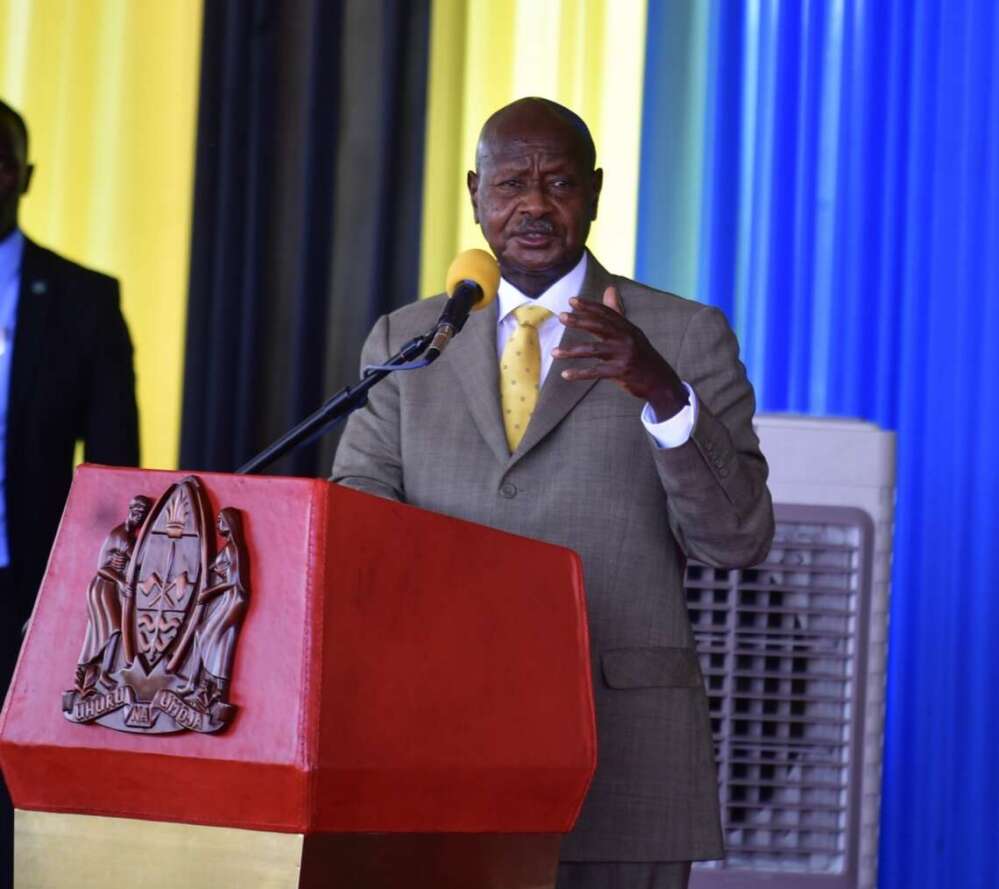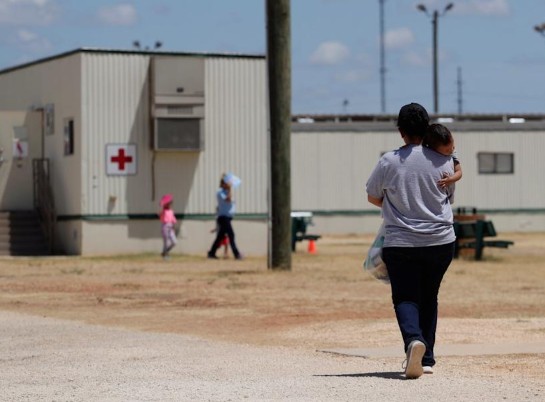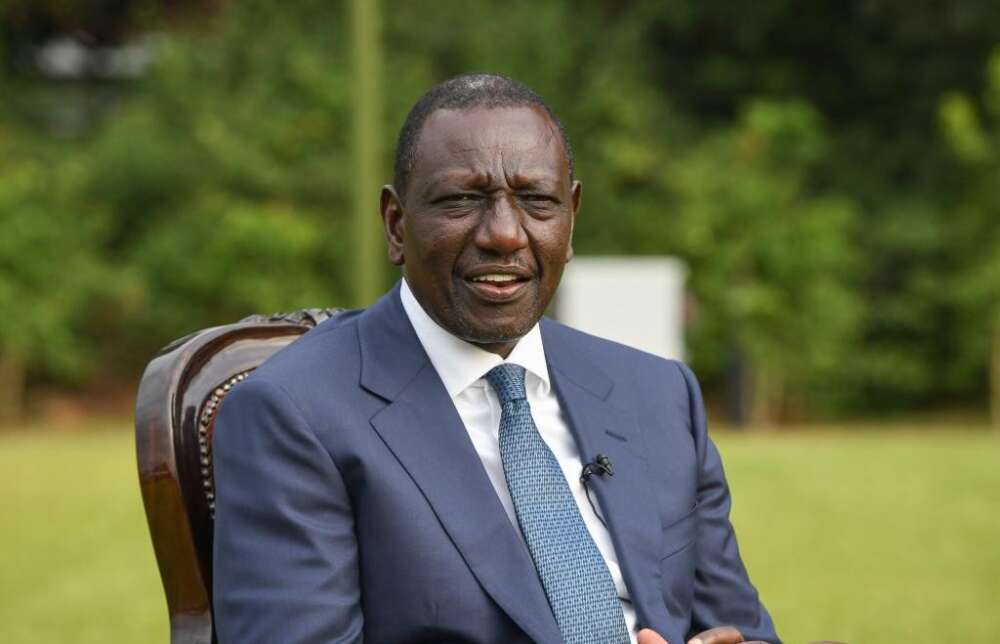Promoting a new, integrated approach to reduce the environmental impacts of food production, FOLUR will leverage $2.7 billion of additional co-financing to improve agricultural ecosystems and policies…reports Asian Lite News.
At an event at the ongoing COP26 in Glasgow, a new $345 million, seven-year programme, The Food Systems, Land Use and Restoration Impact Program (FOLUR), will launch projects in 27 countries, targeting the production and value chains of eight key commodities: beef, cocoa, coffee, maize, palm oil, rice, soy, and wheat.
FOLUR aims to transform global food and land use systems through a Global Platform and 27 country projects that restore degraded landscapes and intensify sustainable land management practices. With agriculture being the largest user of land and water, second only to energy for its contribution to climate change, this programme is an essential tool in the global toolkit, to accelerate climate action and deliver the Sustainable Development Goals.

Funded by the Global Environment Facility and led by the World Bank, the programme seeks to address a range of climate-related environmental concerns, including agricultural adaptation and mitigation, and has a strong gender component — tackling gender gaps at the nexus of food, land use and restoration, in recognition that the world cannot transform food systems and make natural resources management more sustainable without gender equality.
Promoting a new, integrated approach to reduce the environmental impacts of food production, FOLUR will leverage $2.7 billion of additional co-financing to improve agricultural ecosystems and policies. Through its global partners, the Impact Programme will collaborate and strengthen the capacity of farmers, communities, governments, the private sector, and financial institutions. Taking a cross-sectoral approach, the programme will repurpose and mobilize financing from public and private actors to drive sustainable food production at scale to deliver global environmental benefits.
“To make a dent in the climate crisis, we need to work together to address the significant environmental strains from today’s global food systems and land use patterns. Through the FOLUR Impact Programme, we have an opportunity to make needed changes across landscapes, sectors, and value chains, using an integrated approach to tackle the drivers of unsustainable land use and degradation and build better food systems,” said Carlos Manuel Rodriguez, CEO and Chairperson of the GEF.
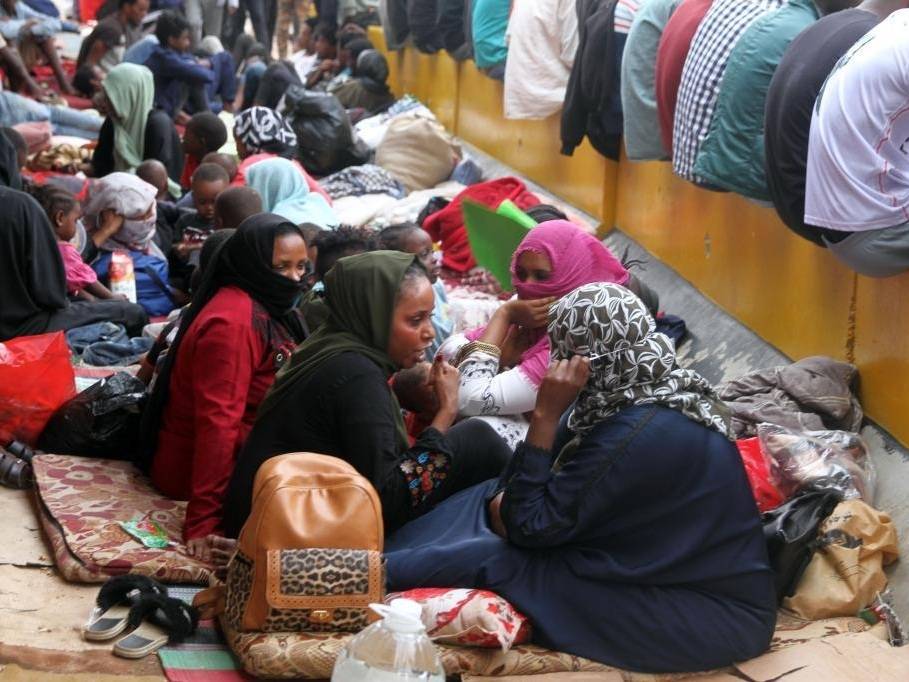
“There is a groundswell of support coming out of this COP to protect our forests and restore our landscapes. FOLUR does just that: making food production more sustainable and building sustainable landscapes and agricultural value chains at scale. “We have a unique opportunity to support countries to transform their food systems, in support of healthy people, a healthy planet and healthy economies,” said Martien van Nieuwkoop, Global Director in the Agriculture and Food Global Practice, World Bank.
It was officially the last day of the first week of the conference on Saturday. According to the COP26 UK Presidency, negotiations of the Paris Agreement implementation related to gender, agriculture, and national adaptation plans concluded, subject to full COP approval.
Others, including finance items, remain to be discussed by ministers arriving on Monday.
ALSO READ-China urges families to stockpile food amid Covid surge
READ MORE-COP26 sources 80% of food from Scotland for sustainable menus


